Discover the Best Cloud Management Platforms of 2024
Navigating the cloud management platform landscape can be overwhelming. This guide identifies the top platforms of 2024, providing valuable insights and comparisons to help you make an informed decision for your business.
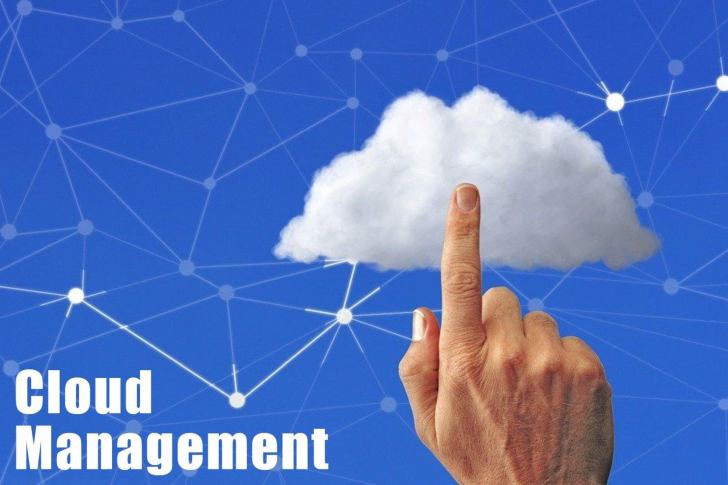
Why Cloud Management Platforms Are Essential
Cloud management platforms (CMPs) offer tools to manage cloud resources effectively, streamline operations, and optimize costs. They are crucial for businesses aiming to leverage the full potential of cloud technology.
Key Benefits
- Cost Optimization
- Efficiently manage and optimize cloud spending.
- Scalability
- Easily scale resources up or down based on demand.
- Security and Compliance
- Ensure adherence to security standards and regulatory compliance.
- Operational Efficiency
- Simplify and automate cloud operations.
Top Cloud Management Platforms of 2024
Here are the best cloud management platforms of 2024, chosen for their robust features, user satisfaction, and overall value.
1. Amazon Web Services (AWS) Cloud Management Tools
- Features: Comprehensive suite including AWS CloudTrail, AWS Config, and AWS CloudWatch.
- Pros: Deep integration with AWS services, extensive documentation.
- Cons: Can be complex for beginners.
- Price: Pay-as-you-go model, varies by service usage.
2. Microsoft Azure Management Tools
- Features: Azure Monitor, Azure Policy, Azure Automation.
- Pros: Strong integration with Microsoft products, enterprise-friendly.
- Cons: Steeper learning curve.
- Price: Pay-as-you-go, various subscription models.
3. Google Cloud Platform (GCP) Management Tools
- Features: Stackdriver, Cloud Console, Cloud Deployment Manager.
- Pros: Excellent machine learning and analytics capabilities.
- Cons: Limited third-party integrations.
- Price: Pay-as-you-go, flexible pricing options.
4. VMware vRealize Suite
- Features: vRealize Operations, vRealize Automation, vRealize Log Insight.
- Pros: Robust on-premises and hybrid cloud management.
- Cons: High cost.
- Price: Starts at $3,745 per processor.
5. IBM Cloud Management
- Features: IBM Cloud Pak for Multicloud Management, Turbonomic.
- Pros: Strong in AI and automation.
- Cons: Complex setup.
- Price: Subscription-based, customized pricing.
Comparison of Top Cloud Management Platforms
| Platform | Key Features | Price |
|---|---|---|
| AWS Cloud Management | CloudTrail, Config, CloudWatch | Pay-as-you-go |
| Microsoft Azure | Monitor, Policy, Automation | Pay-as-you-go, subscription |
| Google Cloud Platform | Stackdriver, Console, Deployment Manager | Pay-as-you-go, flexible |
| VMware vRealize Suite | Operations, Automation, Log Insight | Starts at $3,745 per processor |
| IBM Cloud Management | Cloud Pak, Turbonomic | Subscription-based |
How to Choose the Right Cloud Management Platform
Key Considerations
- Business Needs
- Identify specific needs such as cost management, security, or compliance.
- Integration
- Ensure compatibility with existing systems and workflows.
- Scalability
- Choose a platform that can grow with your business.
- Usability
- Consider ease of use and the learning curve.
- Support and Documentation
- Look for robust customer support and comprehensive documentation.
Q&A Section
Q: What is a cloud management platform? A: A cloud management platform (CMP) is a suite of tools designed to manage cloud resources and services efficiently, optimizing performance and costs.
Q: Can CMPs handle multi-cloud environments? A: Yes, many CMPs are designed to manage resources across multiple cloud providers, offering unified control and visibility.
Q: How do CMPs help with cost optimization? A: CMPs provide tools for monitoring usage, identifying waste, and recommending cost-saving measures.
Professional Analysis
Importance of Cloud Management
Effective cloud management is critical for maximizing the benefits of cloud computing. CMPs offer centralized control, enabling businesses to manage resources, ensure compliance, and optimize performance.
Trends in Cloud Management
The trend towards multi-cloud and hybrid cloud environments is increasing the demand for CMPs that offer comprehensive management across diverse platforms. Automation and AI integration are also becoming essential features.
Table: Feature Comparison of Leading CMPs
Tips for Implementing a Cloud Management Platform
- Define Clear Objectives
- Understand what you aim to achieve with a CMP.
- Train Your Team
- Ensure your team is well-versed in using the platform.
- Monitor and Adjust
- Regularly review performance and adjust configurations as needed.
- Leverage Support
- Utilize the support and resources provided by the CMP vendor.
Citations
- https://aws.amazon.com/management-tools/
- https://azure.microsoft.com/en-us/services/management/
- https://cloud.google.com/products/tools
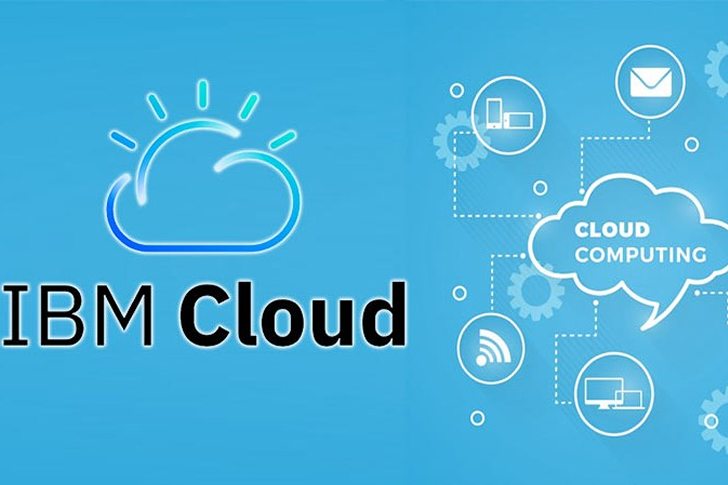
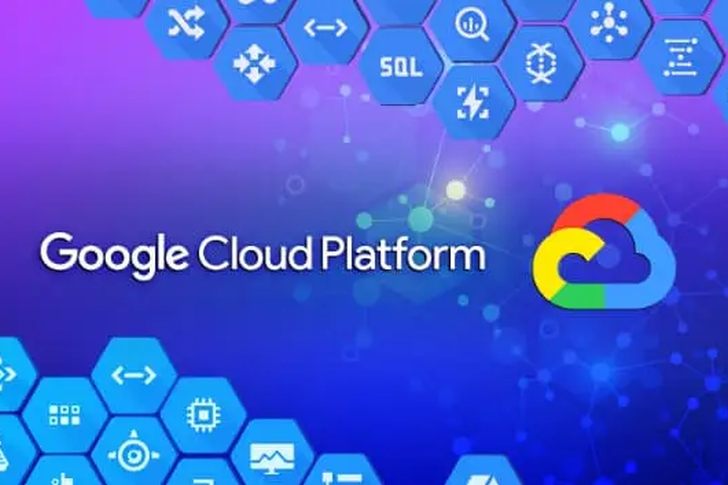
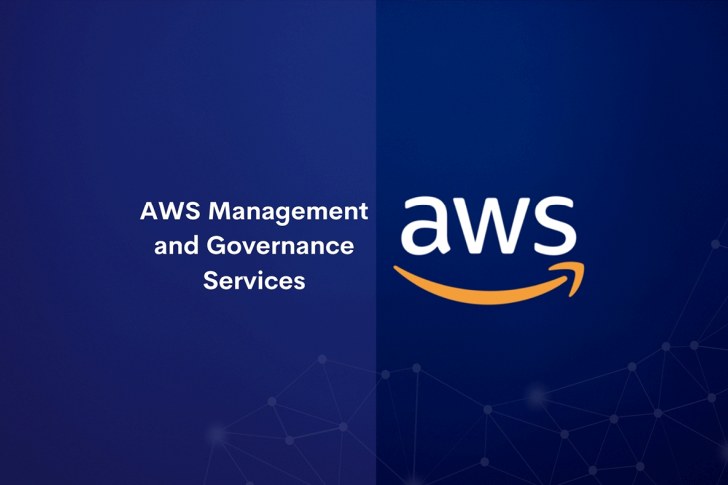
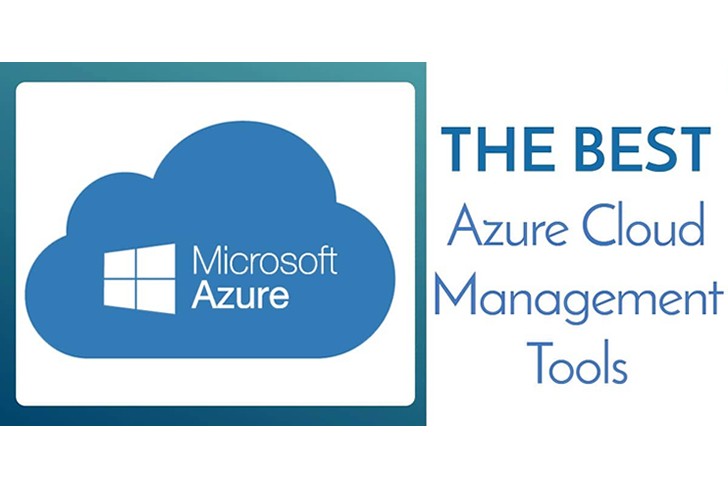







Recent Comments